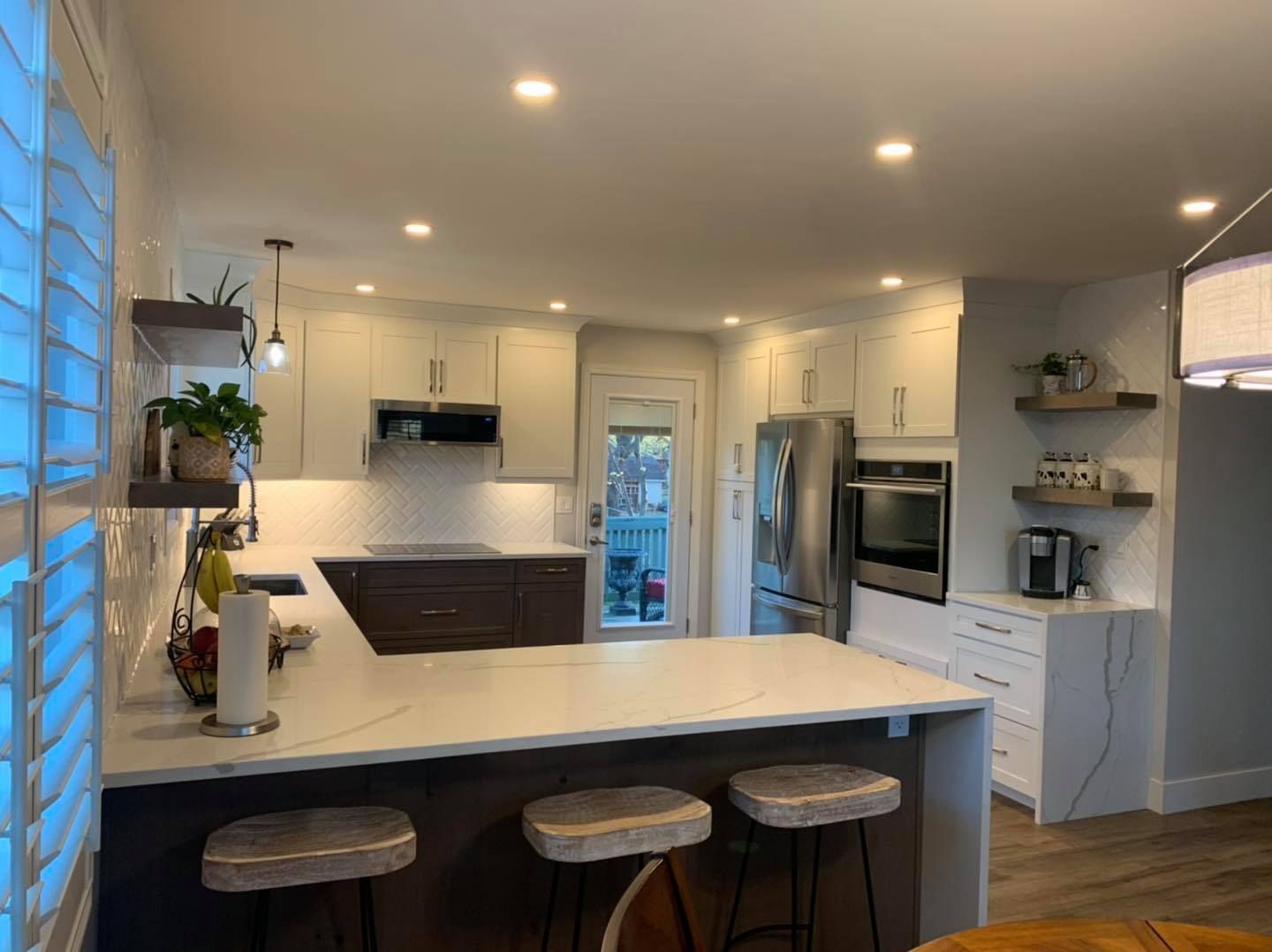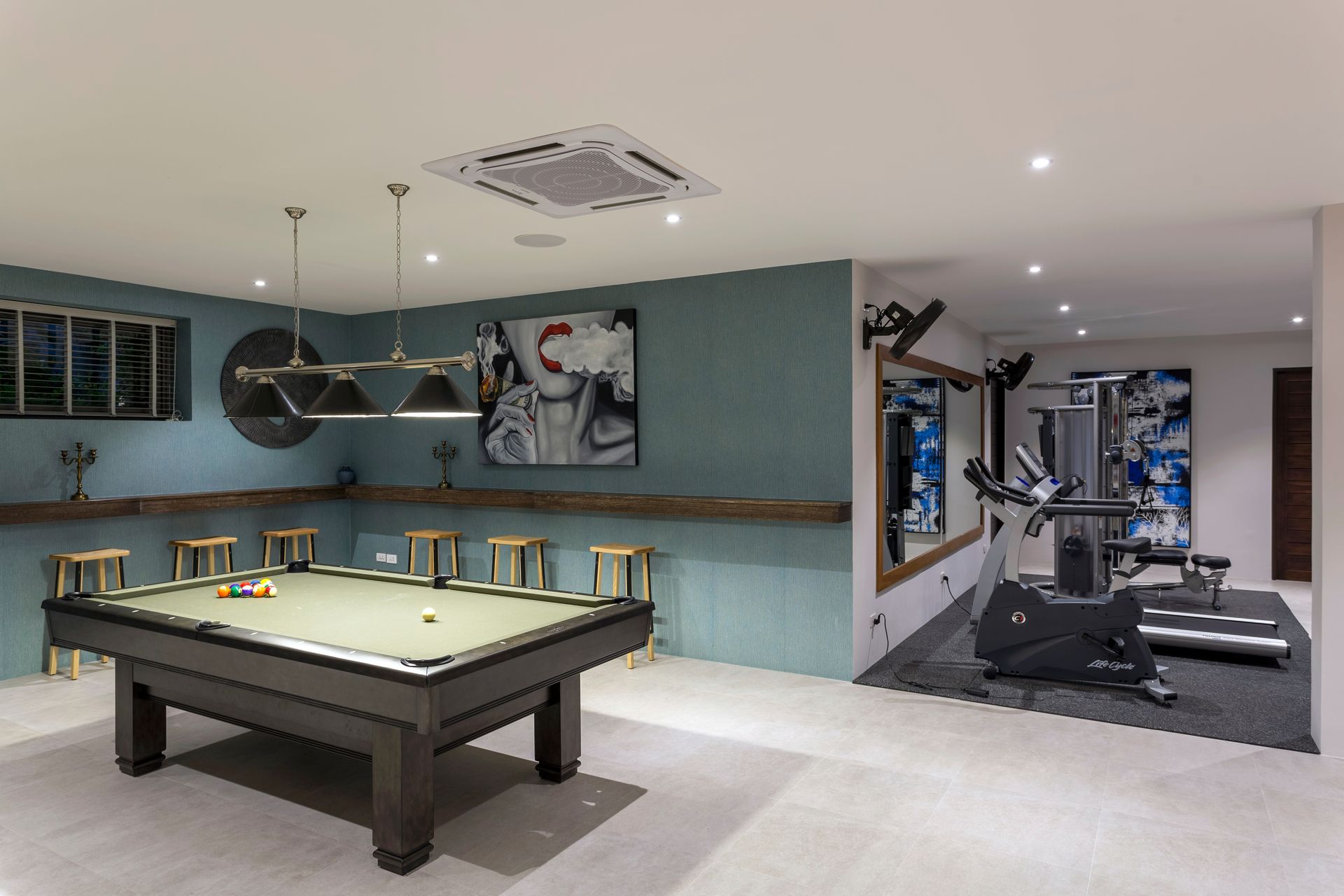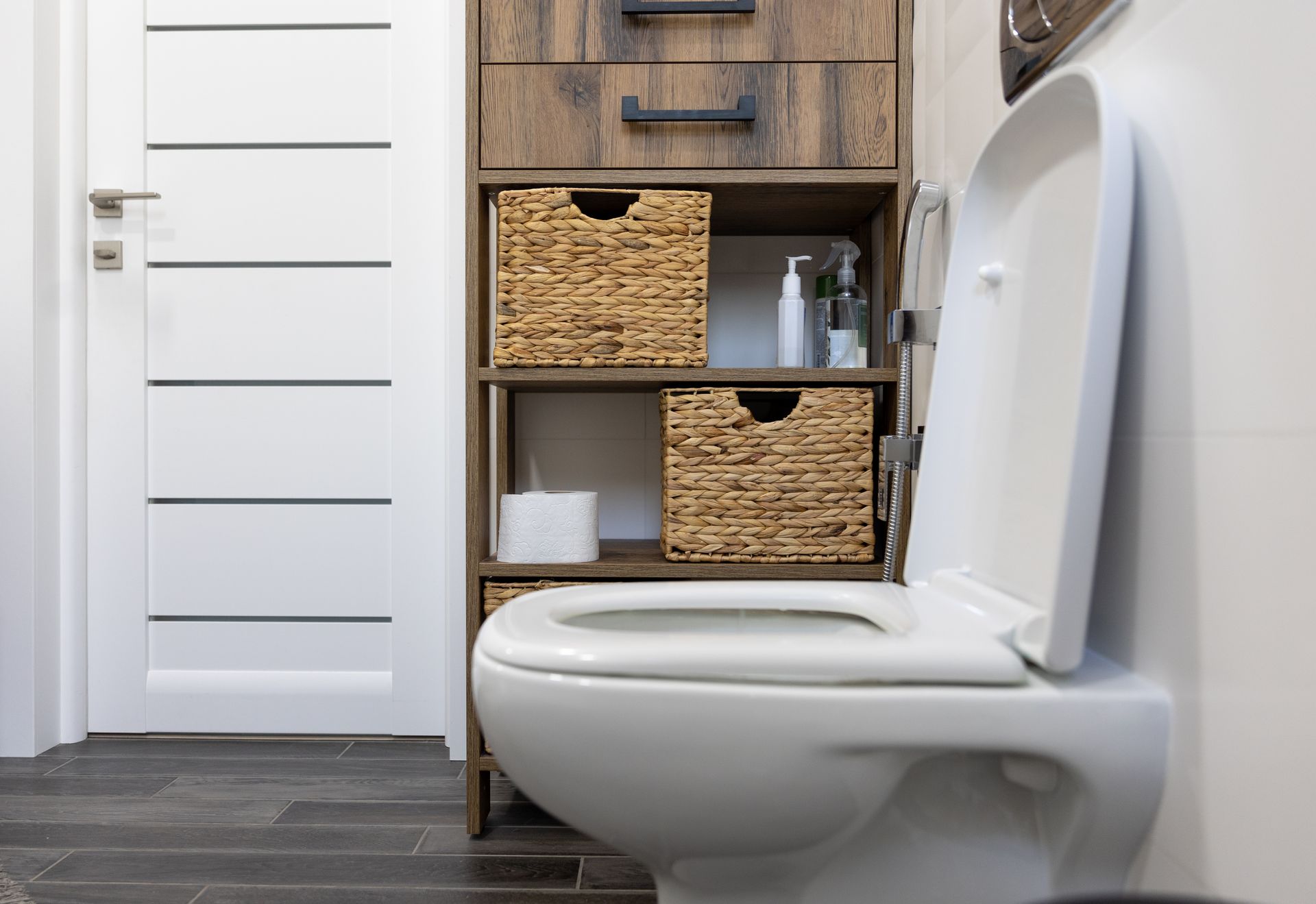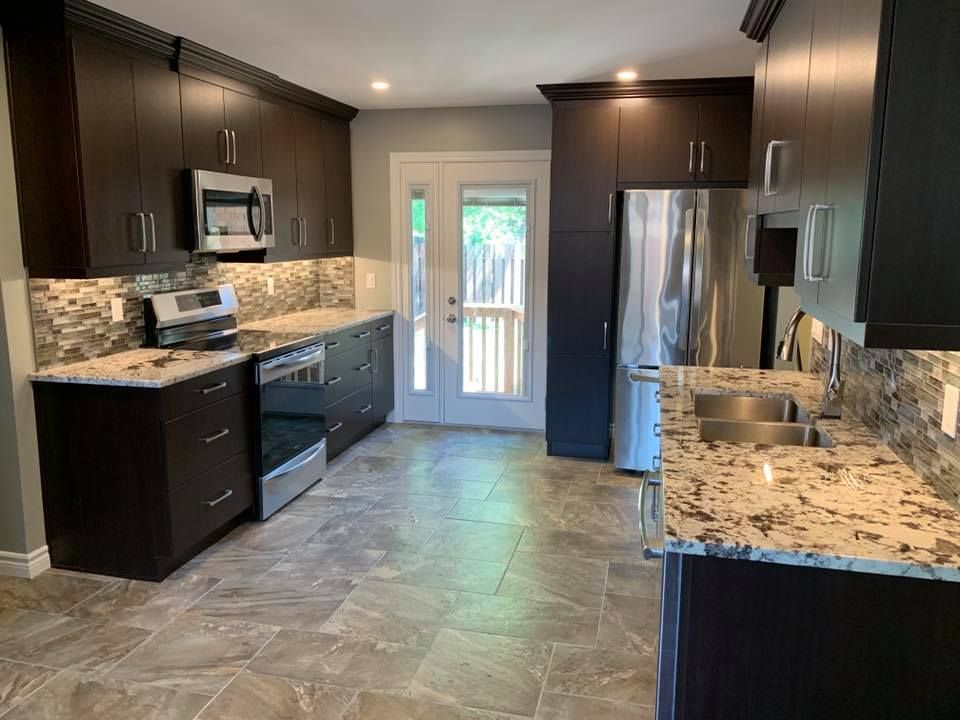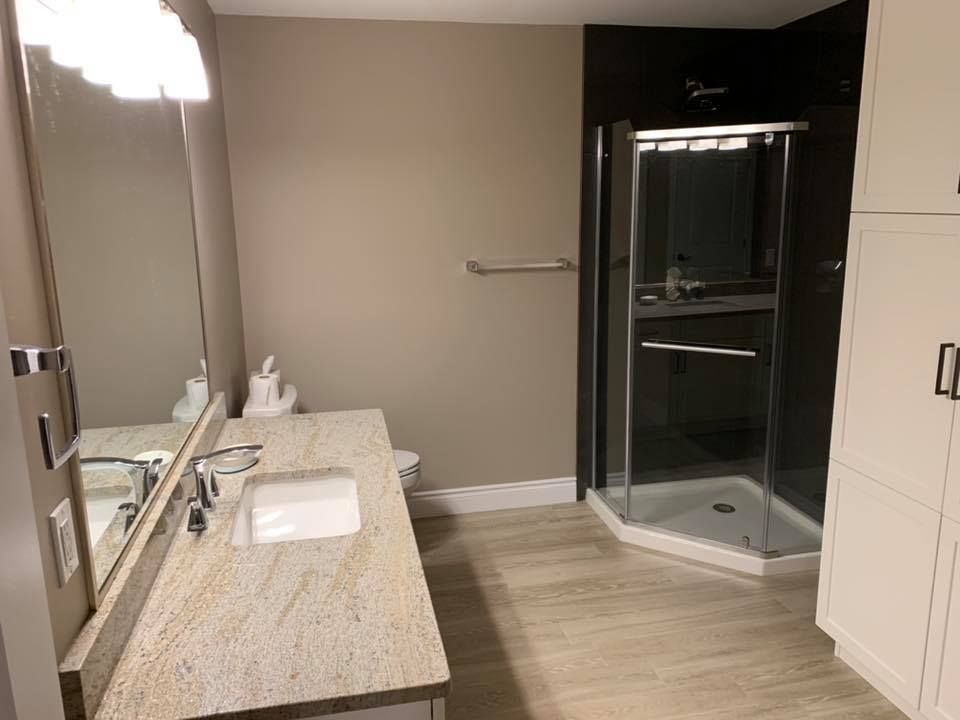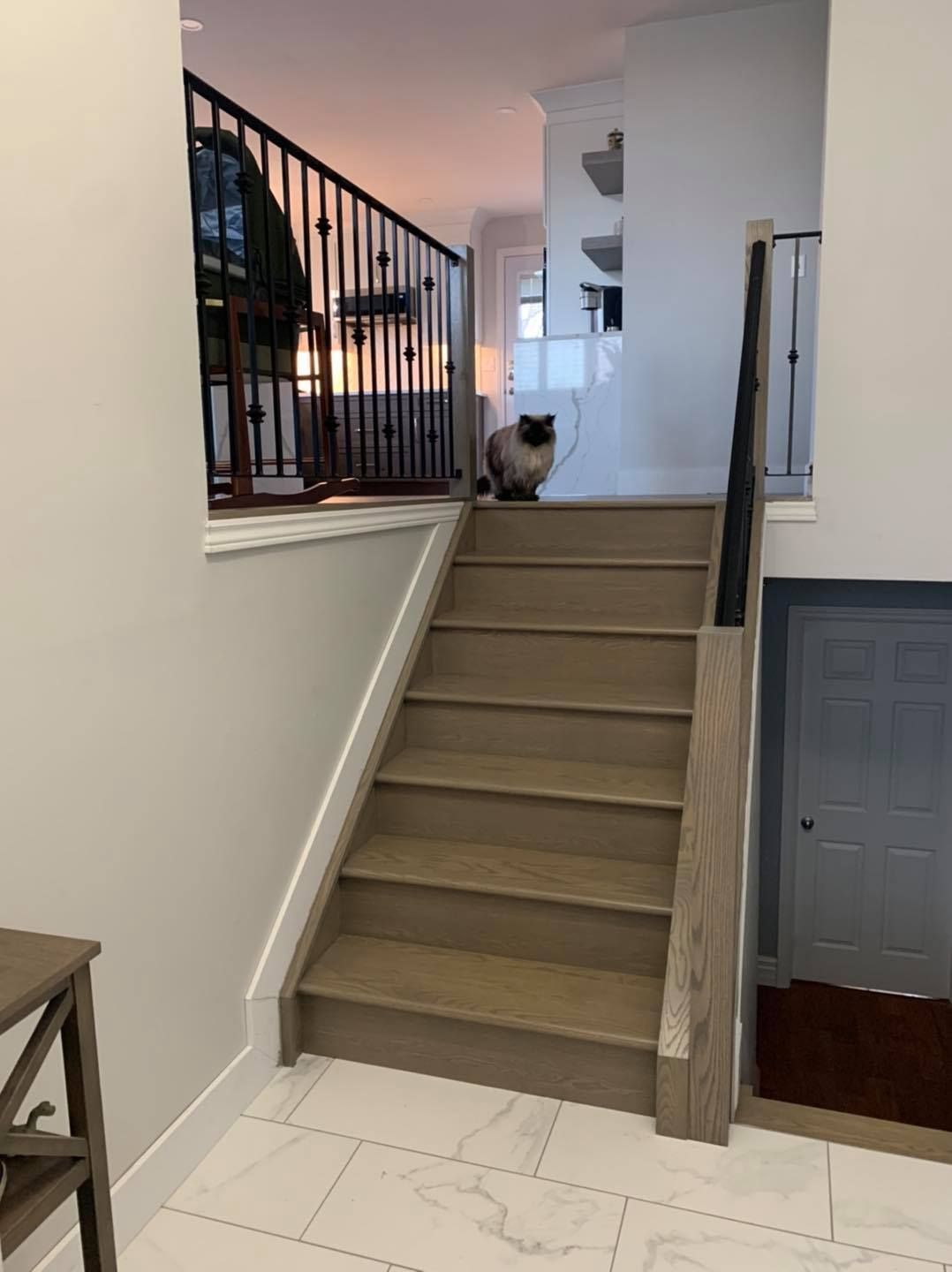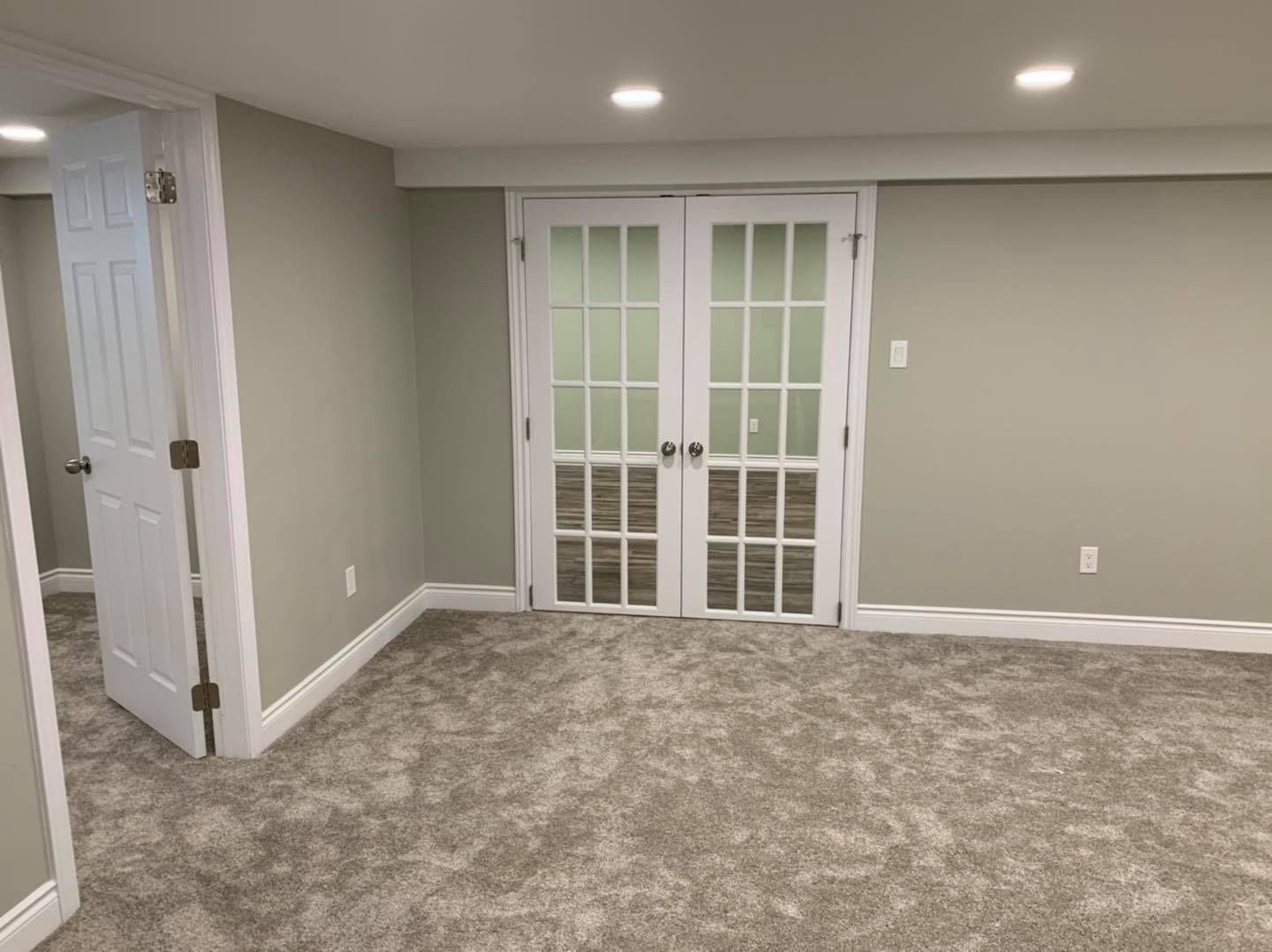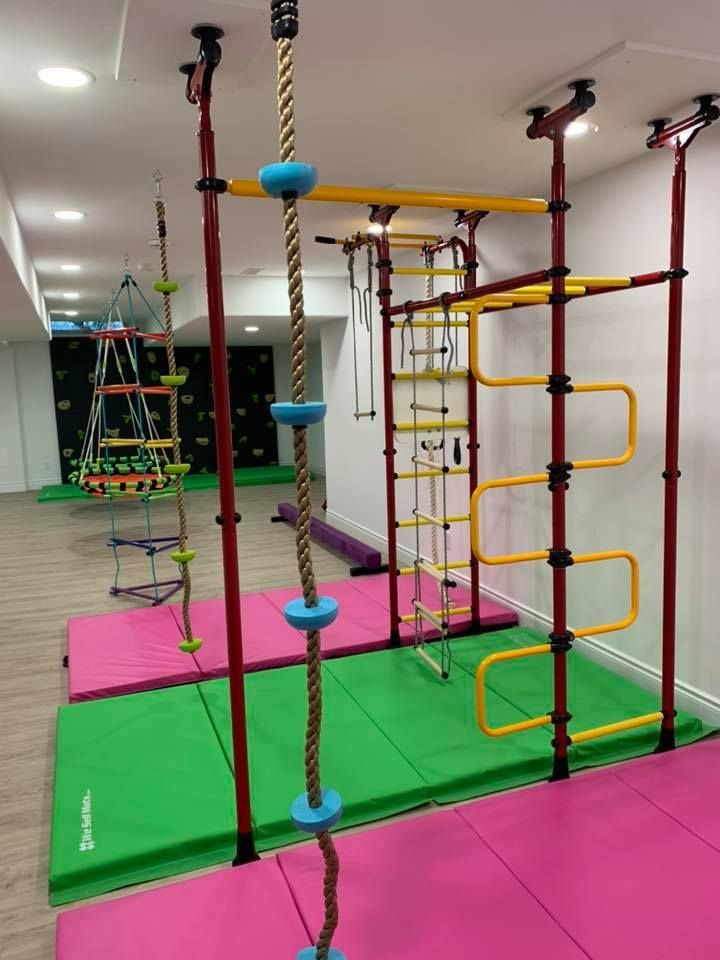How to Budget for a Home Renovation Project in 2025
Planning a home improvement project requires careful financial preparation and strategic thinking. Whether you want to update your kitchen, transform your bathroom, complete a basement renovation, or tackle a full home remodel, creating a realistic renovation budget sets the foundation for success. Learn how to budget effectively by understanding current market conditions, material costs, and labor expenses to make informed decisions about your renovation investments.
Understanding Home Renovation Costs in 2025
Creating an effective budget in 2025 requires understanding current market trends that show renovation costs have increased compared to previous years. Labor shortages, material price fluctuations, and increased demand for home improvements contribute to higher project expenses. The average home owner should expect to pay 10-15% more than 2023 prices for similar renovation work.
Kitchen remodel projects typically range from $15,000 to $50,000, depending on size and finishes. Bathroom remodels cost between $10,000 and $25,000 for standard updates. Basement renovation projects can range from $20,000 to $40,000, while whole home renovations may cost $150 per square foot to $200 per square foot, based on the scope of the project and quality of finishes selected.
Homestyle Renovations has observed these market changes throughout Windsor and Essex County. Their experience with local suppliers and contractors helps clients understand realistic cost expectations for their specific projects, whether planning a kitchen remodel, bathroom update, or basement renovation that maximizes existing space.
Setting Your Home Renovation Budget
Start with your total available funds, including savings, loan options, and any financing arrangements. Financial experts recommend spending no more than 10-15% of your home's value on renovations, unless you plan to keep your home long-term and want projects with the highest return on investment.
Calculate your maximum budget first, then subtract 20% for unexpected expenses. This contingency fund protects against cost overruns and helps manage budget constraints when surprise issues emerge during construction. Planning your renovation with this buffer ensures you can handle the true cost of your project without financial stress.
Essential Budget Categories
Every renovation budget should include these core components:
- Design and planning costs: 10-15% of total budget
- Materials and supplies: 40-50% of total budget
- Labor and installation: 35-40% of total budget
- Permits and inspections: 2-5% of total budget
- Contingency fund: 20% of total budget
Hidden Costs to Consider
Many homeowners underestimate additional expenses that arise during renovation projects. Understanding the scope of your renovation helps identify these often-overlooked costs that can significantly impact your overall cost calculations.
Structural repairs may become necessary once walls are opened, representing a significant cost factor.
Updates to electrical or plumbing systems frequently exceed initial estimates. Waste disposal and cleanup services add unexpected expenses. Temporary living arrangements might be required for extensive projects that affect your entire house.
Building permits cost more in 2025, with many municipalities increasing fees. Professional inspections ensure code compliance but add to overall project costs. Insurance adjustments may be necessary during major renovations.
Cost-Saving Strategies for Your Project
Smart planning reduces renovation expenses without compromising quality and delivers substantial cost savings. Timing your project during off-peak seasons often results in better contractor availability and pricing. Winter months typically offer lower labor costs in Ontario and help reduce the overall cost of your current home renovation.
Planning and Design Tips
Detailed planning prevents costly changes during construction. Create a comprehensive design plan before starting any work. Research materials and finishes early to avoid delays and price increases.
Reuse existing elements when possible. Refinishing cabinets costs less than replacement. Keeping plumbing and electrical in current locations saves significant money. Working with existing layouts reduces structural changes.
Material and Labor Considerations
Source materials during sales periods and off-seasons. Purchase flooring, fixtures, and appliances during major retailer promotions. Compare prices from multiple suppliers before making final decisions.
Consider mid-range materials for areas with less daily use. Reserve premium finishes for high-impact spaces like kitchens and master bathrooms. This strategy maximizes visual impact while controlling costs.
Financing Your Home Renovation
Multiple financing options exist for home improvement projects. Home equity loans offer lower interest rates than personal loans. Credit lines provide flexibility for projects with variable timing. Personal savings remain the most cost-effective funding source.
Government programs and rebates may offset certain renovation costs. Energy efficiency upgrades qualify for provincial incentives. Research available programs before finalizing your project scope.
Working with Professional Contractors
Professional contractors provide accurate cost estimates and project timelines. Their experience prevents common mistakes that lead to budget overruns. Licensed contractors carry insurance and warranties that protect homeowners.
Getting Accurate Estimates
Request detailed quotes from at least three contractors. Compare not just total costs but individual line items. Verify that estimates include all necessary permits, materials, and labor.
Ask for references from recent projects similar to yours. Visit completed projects when possible to assess work quality. Check Better Business Bureau ratings and online reviews before making decisions.
Choosing the Right Home Renovation Company
Select contractors with proven experience in your specific renovation type. Local companies understand regional building codes and permit requirements. Established businesses provide stability and accountability throughout your project.
Homestyle Renovations brings over 25 years of experience to Windsor-Essex area homeowners. Their A+ Better Business Bureau rating and Consumer Choice Award recognition demonstrate consistent quality and customer satisfaction. Kris and Isabelle Bodchon personally manage each project to ensure exceptional results, from simple basement renovation projects to complex whole home transformations.
The company's comprehensive approach includes detailed cost estimates, transparent pricing, and regular communication throughout the renovation process. Their local expertise helps homeowners understand realistic budgets for their specific goals.
Timeline Considerations and Budget Impact
Project duration directly affects renovation costs. Longer projects increase labor expenses and temporary living costs. Efficient planning and clear communication with contractors minimize delays.
Seasonal factors influence both scheduling and pricing. Spring and summer represent peak renovation seasons with higher demand and costs. Planning projects for fall or winter often results in better pricing and contractor availability.
Weather delays can extend timelines and increase costs. Plan for potential weather-related delays when scheduling outdoor work or projects requiring exterior access.
Quality vs. Budget Balance
Balancing quality and budget requires strategic decision-making. Invest in structural elements and systems that affect long-term performance. Choose durable materials for high-use areas like kitchens and bathrooms.
Consider phased renovations for large projects. Complete one area at a time to spread costs over multiple years. This approach allows you to maintain higher quality standards within smaller budget segments and potentially increase your home value incrementally.
Some homeowners choose to purchase an additional home while their current property undergoes extensive renovation. However, before renovation starts, carefully evaluate whether this approach fits your financial situation and long-term plans.
Transform Your Home Within Budget
Smart budgeting makes any home renovation project achievable without financial stress. Understanding current costs, planning comprehensively, and working with experienced professionals ensures successful outcomes. Your home renovation project deserves careful financial planning to achieve the results you envision.
Homestyle Renovations helps Windsor and Essex County homeowners transform their spaces within realistic budgets. Contact their experienced team today to discuss your renovation goals and receive a detailed cost estimate for your dream home project.

